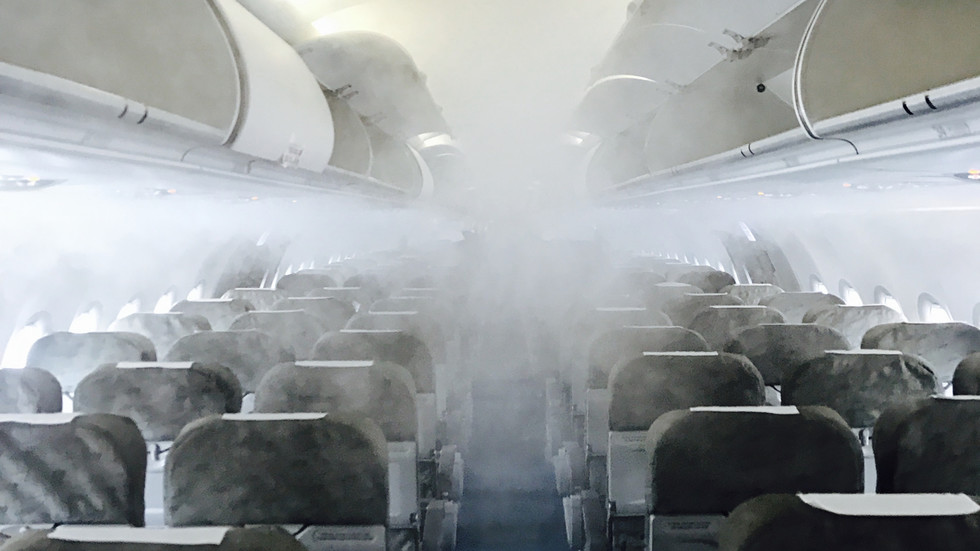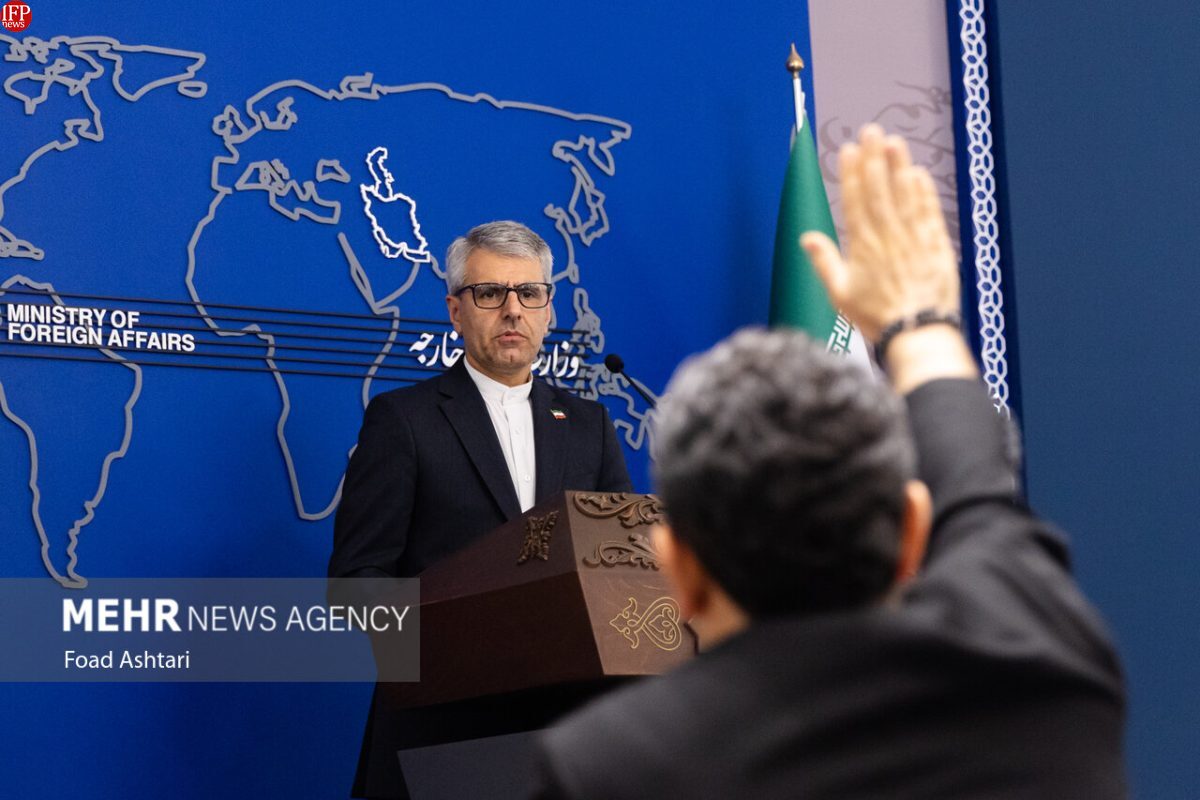By Kajal Rajput
Copyright medicaldialogues

Bengaluru: Taking strict action, the Karnataka Medical Education Department has suspended 3 doctors who, while serving as members of the National Medical Commission’s (NMC) inspection team, allegedly accepted bribes to issue favourable inspection reports for a medical institutionSpeaking to PTI on the development, the officials said on Tuesday, “Department’s Principal Secretary Mohammad Mohsin issued an order for the suspension.””Those suspended include Dr Chaitra M S, associate professor, Department of Anatomy, Atal Bihari Vajpayee Medical College and Research Institute, Bengaluru; Dr Manjappa C N, professor and head, Department of Orthopaedics, Mandya Institute of Medical Sciences; and Dr Ashok Shelke, assistant professor, Department of Community Medicine, Bidar Institute of Medical Sciences,” a statement from the office of Medical Education Minister Sharan Prakash Patil stated, quotes PTIAlso Read:HC stays NMC ban on Karnataka’s Medical College over bribery allegations, restores 200 MBBS seatsCiting reports, the statement said that the CBI had already registered an FIR in the bribery case after conducting an investigation. The CBI informed the department about this through an official email.”Based on the findings, the Department proceeded with the suspension of the three doctors in accordance with service rules,” it said.Dr Chaitra, Dr Manjappa and Dr Ashok Shelke are accused of taking “bribes” in return for issuing a favourable inspection report for Chhattisgarh’s Rawatpura Government Institute of Medical Science and Research. The CBI has already taken them into custody and conducted inquiries, the report stated, adds PTI report.”After a thorough review of all aspects, Mohsin ordered their suspension,” the statement added.Also Read:Guwahati Medical College Hospital HoD Paediatrics among 5 suspended over infant’s deathIn July, Medical Dialogues reported that the Central Bureau of Investigation (CBI) busted a network of officials of the Union Health Ministry, NMC, intermediaries and representatives of private medical colleges allegedly involved in a litany of “egregious” acts, including corruption and unlawful manipulation of the regulatory framework governing medical colleges.The agency has named 34 people in an FIR, including eight Health Ministry officials, a National Health Authority official and five doctors who were part of the NMC inspection team. Dr B N Gangadhar was the NMC chairperson then.In an immediate response to the FIR, the Commission initiated action, blacklisting four assessors and stopping the renewal of the existing undergraduate (UG) and postgraduate (PG) seats in six medical colleges.Earlier, against the backdrop of allegations of corruption in the inspection of medical colleges, newly appointed National Medical Commission (NMC) chief Dr Abhijat Sheth has mentioned that the NMC would conduct a root cause analysis of the assessment system to weed out any probable shortcomings and strengthen the regulatory mechanism to prevent such lapses in future.In an exclusive interview with PTI, Dr Sheth acknowledged that such allegations are a serious concern for the NMC, and he, along with his team, reviewed the overall processes and the problems immediately after joining the Commission as its chief.Dr Sheth pointed out that the allegations of bribery were against a handful of staffers and officials, and considering the pan-India operations of the NMC, it would be unfair to put the whole organisation in the dock. “We take this as a serious concern and NMC has already adopted a zero tolerance policy against corruption, and they have taken immediate steps to regulate the people and institutions which are alleged in this issue, and appropriate action has been taken against them,” Dr Sheth said. On how the assessment process can be improved, Dr Sheth said even before he joined, the NMC had already introduced some of the systems to do away with the physical dependency of inspection, which include institutionalisation of self assessment reports, deployment of central control and command centre for NMC inspections via CCTV surveillance and Aadhaar Enabled Bio-metric Attendance System (AEBAS) to monitor the faculty and the hospital staff.Also Read:Inspection bribery allegations: NMC to conduct root cause analysis of assessment system



